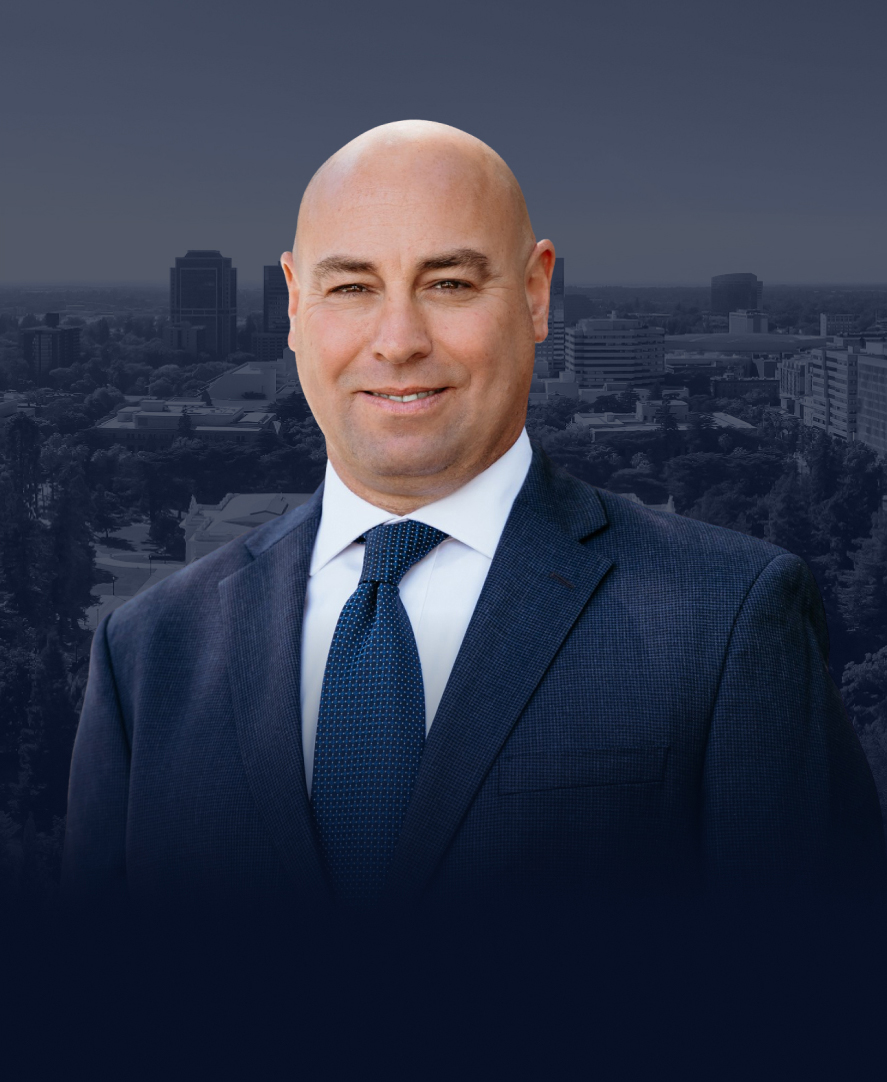After 24 years in practice, all of it spent defending public entity clients in civil litigation, and most of it spent as in-house counsel, it was time for a change. Though there was a certain comfort in listening to the low hum of the slow-turning wheels of bureaucracy, as time went on I found that having to explain the many nuances that impact case evaluation to a group of number crunchers began to feel like discussing poetry with an IRS auditor.
Though I’ve never really wanted to do anything in the law other than litigation, I never felt “destined” to be a defense attorney. As a government lawyer, I made it a point to seek out the truth and this led to fair and reasonable results and good relationships with my colleagues and adversaries. When I left government practice, one of those adversaries, John Demas, gave me a great opportunity to reinvent myself and my career.
From the outset of my new life, it was obvious that representing plaintiffs is significantly more difficult than defense work – it’s always harder to create than to destroy. That truism aside, a couple of observations from a former outsider now on the inside:
- I am now a much happier human being. As it turns out, carrying around the cynicism that is the hallmark of many defense lawyers can really mess up one’s posture. It doesn’t take long on the plaintiff’s side to see that most plaintiffs really are hurt. Some may not be as well-equipped to handle the adversity of being injured as others, but the default defense position that there is some exaggeration or malingering in every case is clearly misguided. Helping a real person understand the legal system, insurance principles, and medical jargon is unbelievably rewarding, regardless of whether they become a client.
- The burden of proof really is quite a burden. It hangs over everything. I’m not suggesting it is ill-conceived or unfair, rather we have a brilliant system of civil justice. But, just as Half Dome is beautiful, it is treacherous to climb. The often-used analogy of the scales of justice requiring only the slightest weight to tip ever so slightly in the Plaintiff’s direction is, of course, false. The scales don’t start evenly balanced – they start with the Plaintiff’s side completely unweighted. It is up to us to add weight until we surpass the weight built into the system. Now I see why so much time is spent in voir dire to root out bias built around attorney advertising, contingency fees, hot coffee spills and philosophical opposition to money for harm. Climbing a sheer rock wall is daunting enough without having to do it in blinding rain or gusty wind.
- Much of the defense dogma is simply wrong. By limiting the scope of a subpoena for medical records plaintiff’s counsel is trying to hide something? Lien-based treatment is evidence of “attorney-directed treatment?” A Facebook post depicting the Plaintiff smiling or traveling in the months after an accident is evidence of no injury? Gaps in treatment are gaps in symptoms? These well-worn myths are simply shortcuts to dealing with cases head-on.
- A defense perspective in a plaintiff’s firm is valuable – in moderation. No one is going to rank me as one of the great legal minds of our time, but I could write a Keenan & Ball style practice guide on the things that terrify defense lawyers. There is a vast difference between knowing where the pressure points are (seminar law) and the pain you feel when they are squeezed (battlefield law). However, the conservatism that I relied on to keep my fear in check as a defense attorney has to be abandoned frequently now. In short, cases are worth more than I thought they were.
- Finally, I see even more clearly now that we all need to double down on civility. Regardless of what side you are on, the truth never damages a just cause. So, let the truth come out. On the defense side, there is a lot of handwringing over “bad facts.” When representing injured people, it doesn’t take long to realize that facts don’t win cases – stories win cases. Most of the time, the Plaintiff has the better, more compelling story. But oftentimes it makes sense to help the defense tell your client’s story to the people that hold the purse strings. Give them the information that will allow the bean counters to put a face, a family, and a life to a line on a spreadsheet. As for me, I’m happy to be throwing away the Black Hat. – Tim Spangler














